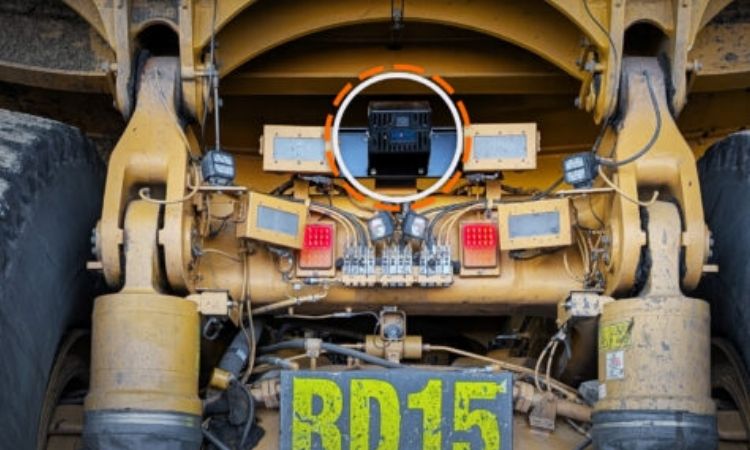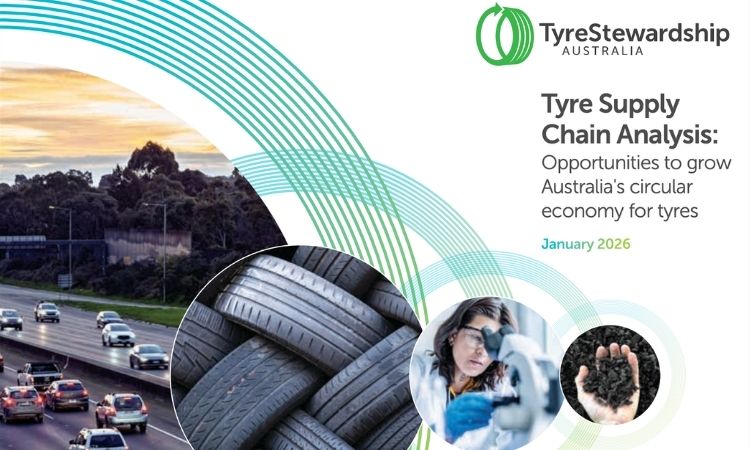Australia's largest multi-council project uses recycled tire rubber to improve asphalt
The Southern Sydney Regional Organisation of Councils (SSROC) led one of Australia’s largest multi-council projects, incorporating rubber from end-of-life tires into bitumen to enhance asphalt durability, performance, and sustainability. Conducted by RMIT University, the Life Cycle Assessment (LCA) study, titled "Life Cycle Assessment and Potential Environmental Benefits of Crumb Rubber Asphalt using Field Data," revealed that recycled rubber extends pavement life, reduces raw material demand, and lowers environmental impacts.
Supported by Tyre Stewardship Australia (TSA) and in partnership with the Australian Flexible Pavement Association (AfPA), the "Paving the Way: Recycling Tires for Roads" project included 12 councils resurfacing roads with recycled rubber-modified asphalt. Detailed investigations at demonstration sites in Burwood Council, City of Sydney, and Northern Beaches Council areas showed significant environmental benefits.
The LCA assessed the carbon footprint and other environmental impacts of recycled rubber asphalt versus conventional asphalt. It found that incorporating recycled rubber via the wet method reduces environmental impacts during production and construction. Adding 10% crumb rubber by weight of the binder results in lower emissions compared to using conventional bitumen, with a reduction of up to 30% in maintenance-related environmental impacts.
SSROC President and Burwood Mayor, John Faker, emphasized the substantial contribution to low-carbon infrastructure, while RMIT Professor Filippo Giustozzi highlighted the potential to reduce the total carbon footprint of roads by up to 30%. AfPA's Anna D’Angelo praised the project as an exemplary circular economy initiative, and TSA's Lina Goodman underscored the performance and environmental benefits of using crumb rubber in asphalt.
For further details, read the full LCA report.
Weibold is an international consulting company specializing exclusively in end-of-life tire recycling and pyrolysis. Since 1999, we have helped companies grow and build profitable businesses.









